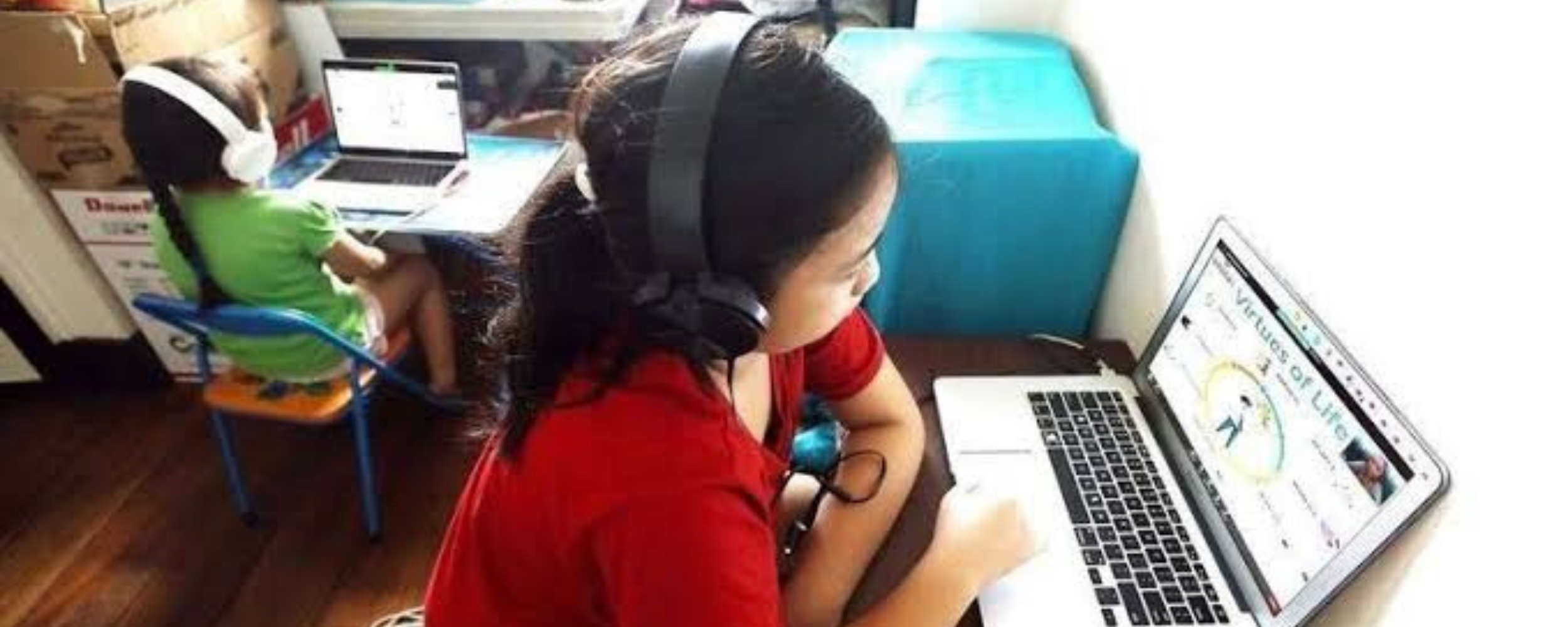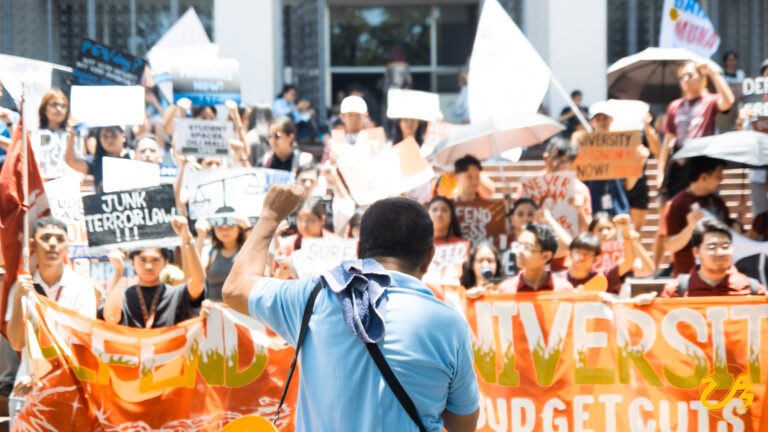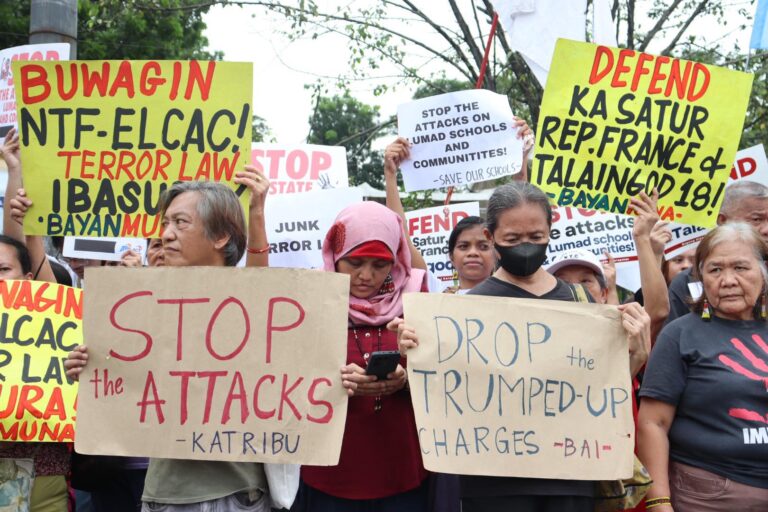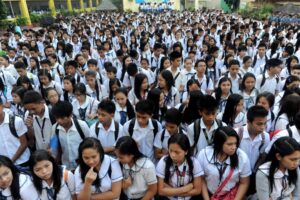
A recent study by researchers from the University of the Philippines Los Baños (UPLB) Institute of Statistics found that while Filipino students are adept at using computers and navigating the web, they are still lacking in ‘learner control” under the remote learning environment.
Learner control refers to “the student’s control over his or her efforts in directing his or her own learning.” Since the pandemic restricted the conduction of face-to-face classes, asynchronous activities have become a crucial component of the remote learning process. Learner control is key for students to learn successfully even without teacher supervision.
The study, entitled “Assessment of Filipino Higher Education Students’ Readiness for e-Learning During a Pandemic: A Rasch Technique Application,” also found that distractions online are a major hindrance for students. Moreover, balancing school work and household responsibilities proved to be more difficult with the remote learning setup wherein academics has become more “requirement-driven.”
“It is important to emphasize that there are students with responsibility in their own family. How would they be able to balance their responsibility from home and from academics?” queried by one of the study’s participants.
The 2020 study had a total of 290 participants from UPLB. Eighty percent of the participants are undergraduate students while 20 percent are graduate students.
Gender was also found to have a significant impact on the readiness of Filipino students for remote learning. While male students said they are less likely to repeat online instructional materials, females are more comfortable to seek assistance based on their needs.
Additionally, one of the study’s findings state that “97 percent of the UPLB students that participated in the study used tablets and smartphones, 89 percent have desktops and laptops and only 58 percent have a fairly reliable internet connection.” The abrupt shift to remote learning in 2020 led to a three million decrease in enrollment turnout in both public and private schools which is found to be primarily caused by the lack of resources and preparedness. �







